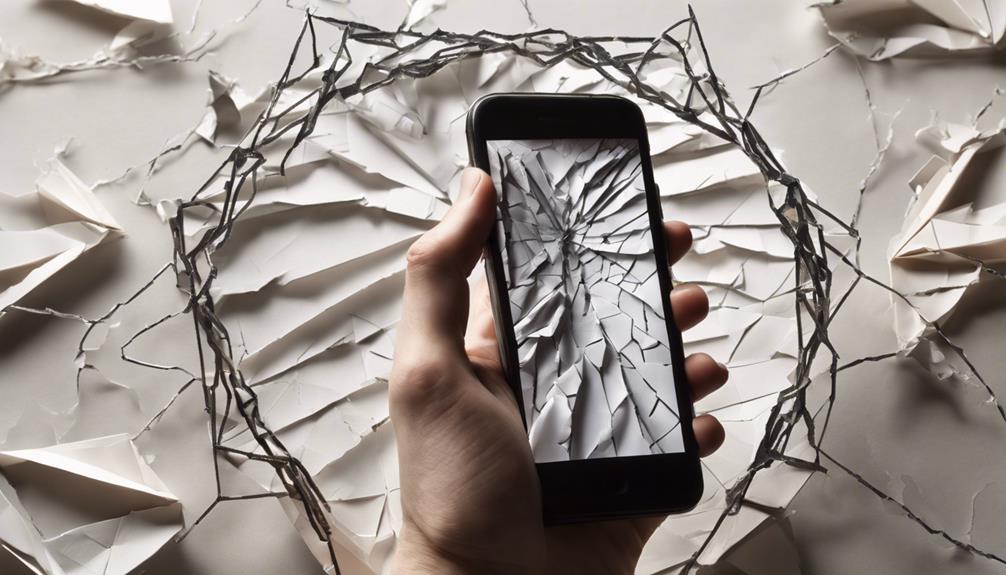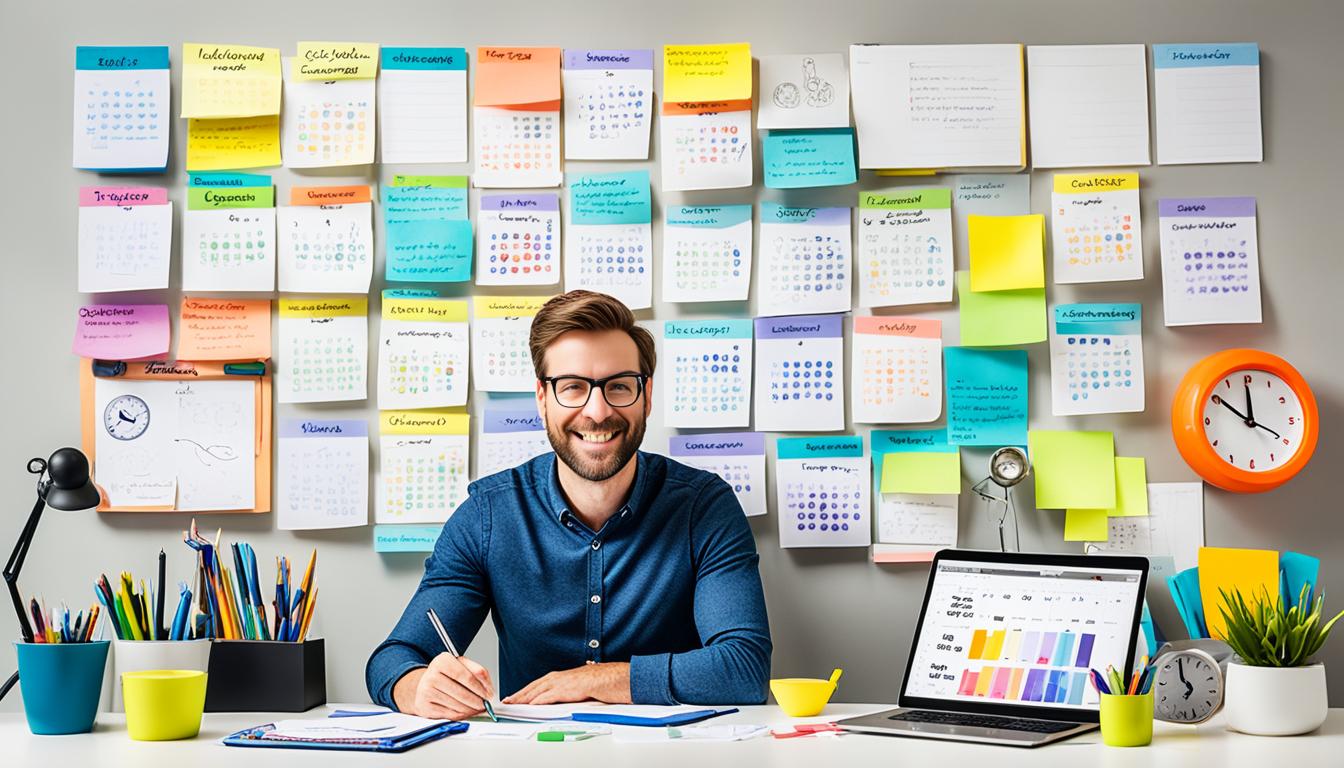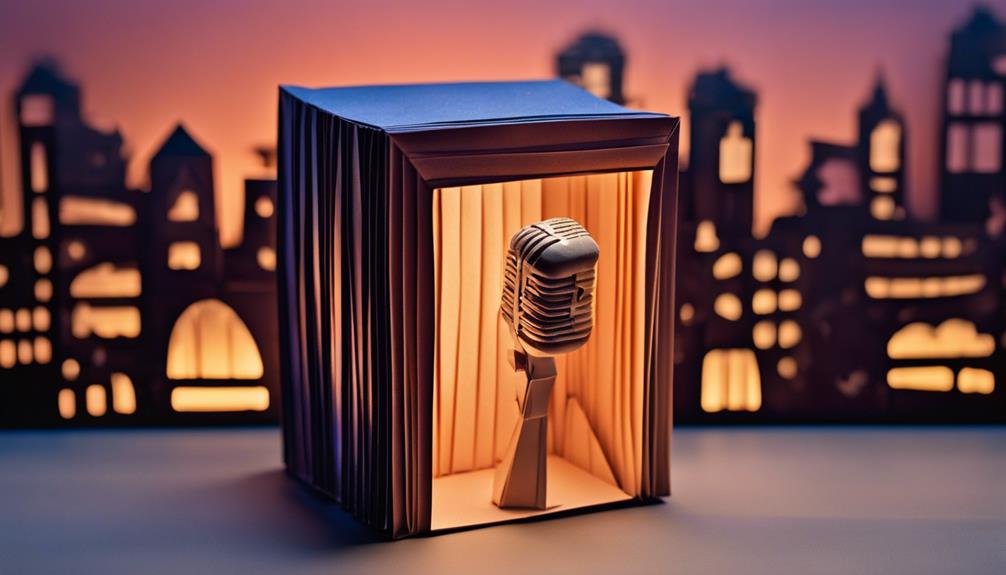Social media's pervasive influence has spawned a crisis of monumental proportions, fostering a society where anxiety, depression, and social isolation have become the norm. Heavy social media use is linked to alarming rates of depression and anxiety among young adults, with filtering algorithms creating biased information feeds and echo chambers that polarize societies. Excessive social media use leads to feelings of isolation, impacting real-life social interactions and communication skills. To combat this, individuals must exercise self-control, set boundaries, and find alternative ways to stay connected. As people become more aware of social media's darker side, they can take measures to break free from the addiction cycle and reclaim their relationships and well-being.
Key Takeaways
- Social media's biased algorithms and echo chambers polarize societies, eroding community engagement and trust in institutions.
- Heavy social media use is linked to alarming rates of depression, anxiety, and loneliness among young adults.
- Fear of Missing Out (FOMO) and the endless scroll trigger stress, perpetuating a cycle of anxiety and addiction.
- Individuals can break free from the addiction cycle by exercising self-control, setting boundaries, and finding alternative ways to stay connected.
- Documentaries like The Social Dilemma are sparking a movement to combat excessive social media use, promoting awareness and positive change.
Social Media's Dark Underbelly
Behind the façade of social media's promised connections and community lies a dark underbelly, where algorithms and echo chambers secretly manipulate users, leading to devastating consequences for mental health and societal cohesion.
Social media sites, initially designed to enhance human connections, have inadvertently contributed to the erosion of community engagement and confidence in shared institutions. The original vision of social media has been overshadowed by negative implications on society.
Filtering algorithms, intended to personalize user experiences, have instead created biased information feeds and echo chambers, polarizing societies. This has led to a decline in meaningful interactions and a rise in anxiety and depression rates, negatively impacting mental health.
As a result, users are left feeling isolated and disconnected, despite being more 'connected' than ever. The consequences of social media's dark underbelly are far-reaching, and it's essential to acknowledge the detrimental effects on mental health and societal cohesion.
Mental Health in the Spotlight

As social media's pervasive influence seeps into the daily lives of young adults, alarming rates of depression and anxiety have emerged, casting a stark spotlight on the devastating consequences of excessive online engagement.
Studies have consistently shown that heavy social media use among young adults is linked to a significant increase in depression and anxiety. Social media platforms, designed to connect people, actually limit healthy feedback and critique, potentially leading to social isolation.
Additionally, excessive online sorting on social media disconnects individuals rather than connecting them. The pressure to maintain online relationships on social media can incentivize conformity and selfish behavior, further exacerbating the problem.
Young adults, in particular, are vulnerable to these negative effects, as they spend a significant amount of time on social media. The consequences are dire, with many struggling to maintain a healthy balance between their online and offline lives.
It's essential to acknowledge the detrimental impact of social media on mental health and take proactive steps to mitigate its effects.
The Lonely World of Social

In the domain of social media, virtual friendships often fail to translate into meaningful connections, leaving individuals feeling isolated and disconnected.
As people substitute online interactions for real-life relationships, social isolation grows, and the sense of loneliness deepens.
This phenomenon has far-reaching consequences, contributing to the erosion of genuine social skills and deepening feelings of disconnection.
Virtual Friendships Fail
Heavy social media use among young adults coincides with a heightened risk of social isolation, debunking the myth that virtual friendships can replace meaningful human connections. The notion that digital platforms can provide social acceptance is misleading. In reality, excessive social media use can lead to a false sense of connection, causing individuals to feel isolated and disconnected from the world around them.
Here are four alarming facts about virtual friendships:
- Limited feedback and critique: Social media limits healthy feedback and critique, creating an echo chamber that reinforces users' existing beliefs.
- Hyper-personalization: Digital platforms use algorithms to create personalized content, leading to billions of isolated individuals with shrinking worlds.
- Sorting and disconnect: Excessive online sorting disconnects individuals, rather than connecting them, as users' worlds shrink to content generating immediate engagement.
- Social isolation: Heavy social media use is linked to higher odds of social isolation among young adults, contradicting the idea that virtual friendships can replace human connections.
Virtual friendships fail to provide the depth and intimacy of human relationships, leaving individuals feeling lonely and disconnected. It's essential to recognize the limitations of digital connections and prioritize meaningful, in-person interactions.
Social Isolation Grows
Social media's false promise of connection has spawned a lonely world where young adults, hooked on their screens, unknowingly surrender to the creeping menace of social isolation.
Studies have shown that young adults with heavy social media use have higher odds of social isolation. This is partly due to the hyper-personalization on social media, which may lead to billions of isolated individuals. Social media limits healthy feedback and critique, contributing to social isolation. Excessive online sorting disconnects rather than connects individuals in the real world.
| Social Media Effects | Consequences |
|---|---|
| Heavy social media use | Higher odds of social isolation |
| Hyper-personalization | Billions of isolated individuals |
| Limited healthy feedback | Social isolation |
| Excessive online sorting | Disconnects individuals in the real world |
In this lonely world of social, users' worlds shrink to content generating immediate engagement, fostering social isolation. By recognizing the pitfalls of social media, individuals can take steps to combat social isolation. Setting social media limits and engaging in offline activities can help mitigate the negative effects of social media on society.
How Social Media Affects Relationships

Relationships are increasingly strained as people spend more time interacting with their screens than with each other. Social media's influence on young people, in particular, is alarming. The constant need for validation and the pressure to present a perfect online persona can lead to a sense of disconnection and isolation.
Here are just a few ways social media affects relationships:
- Decreased real-life social interactions: Social media can lead to a decline in face-to-face interactions, causing communication skills to deteriorate.
- Invasion of privacy: Oversharing on social media can invade privacy and strain trust in relationships.
- Cyberbullying: Cyberbullying on social media can cause emotional distress and harm relationships.
- Fear of Missing Out (FOMO): FOMO from social media can lead to anxiety and impact relationships.
Social media's impact on relationships is undeniable. By recognizing these effects, individuals can take steps to mitigate the negative consequences and nurture healthier, more meaningful relationships.
From Anxiety to Addiction

In addition, it's crucial to examine the underlying factors contributing to this phenomenon.
The Anxiety Epidemic Spreads Fast, as excessive social media use can lead to feelings of isolation, impacting real-life social interactions and communication skills.
Additionally, the Fear of Missing Out and the Endless Scroll Triggers Stress, perpetuating a vicious cycle of anxiety and addiction.
Anxiety Epidemic Spreads Fast
In the last quarter-century, a staggering 70% increase in anxiety rates among young adults has been recorded, with social media's insidious influence playing a significant role in this alarming trend. The constant need for validation and comparison on social media platforms has been linked to a rise in anxiety disorders among users.
Here are 4 key facts about social media's impact on anxiety:
- Social media addiction is a growing concern: 210 million people globally are estimated to suffer from internet and social media addictions.
- Data scandals and anxiety: Social media companies' mishandling of user data has led to increased anxiety and mistrust among users.
- Excessive social media usage leads to loneliness and depression: Studies have shown that excessive social media usage can lead to increased feelings of loneliness, depression, and anxiety.
- The dopamine rush from social media interactions can lead to addictive behaviors: Research suggests that the dopamine rush from social media interactions can lead to addictive behaviors, further exacerbating anxiety and mental health issues.
Social media's impact on anxiety rates is undeniable. As social media companies continue to grapple with data scandals, it's essential to acknowledge the role they play in perpetuating anxiety among users.
Fear of Missing Out
Fear of Missing Out, a phenomenon perpetuated by social media, has become a pervasive source of anxiety, fueling feelings of inadequacy and the constant need to stay connected.
The rapid evolution of social media platforms has created an environment where users are constantly bombarded with curated highlights, fueling feelings of FOMO. This, in turn, has a profound impact on mental health, exacerbating anxiety and dissatisfaction with one's own life.
Studies have shown that FOMO is associated with higher levels of social media engagement and addiction, as users become trapped in a cycle of comparison and anxiety. Social media platforms capitalize on FOMO by creating a continuous feed of content, triggering a cycle of comparison and anxiety.
As a result, users are left feeling like they're missing out on exciting events or experiences, intensifying feelings of loneliness and dissatisfaction.
Endless Scroll Triggers Stress
Social media's endless scroll feature, designed to keep users engaged for extended periods, has been linked to increased stress and anxiety levels, perpetuating a vicious cycle of addiction.
Every time users scroll through their feeds, they're exposed to a constant stream of information that can trigger feelings of overwhelm and distress.
Research reveals how social media's design contributes to this issue:
- Infinite scrolling leads to a never-ending stream of content, making it difficult for users to disconnect.
- Fear of missing out (FOMO) drives users to constantly check their feeds, fearing they'll miss important updates.
- Algorithmic manipulation prioritizes content that sparks strong emotions, keeping users engaged for longer periods.
- Dopamine loops create a cycle of addiction, as users crave the instant gratification of likes and comments.
Breaking Free From the Cycle

As people become more aware of the manipulative tactics employed by social media platforms, they're taking significant measures to break free from the cycle of addiction.
The rise of documentaries like The Social Dilemma has sparked a growing movement of individuals seeking to break free from the grip of social media. People are recognizing the dangers of excessive social media use and exploring ways to mitigate its adverse effects on mental health.
To combat addiction, people are coming together to exercise self-control, setting boundaries, and finding alternative ways to stay connected. By doing so, they're taking back control of their online interactions and prioritizing their well-being.
This shift in behavior is vital, as excessive social media use has been linked to increased stress levels, decreased attention span, and a decline in meaningful relationships. As individuals take steps to break free from the cycle of addiction, they're also encouraging others to do the same, sparking a wave of positive change in the way people interact with social media.
Frequently Asked Questions
How Is Social Media Destroying Society?
She notes that social media's destructive impact on society stems from its correlation with rising mental health issues, decreased face-to-face interactions, and decreased productivity, ultimately contributing to a decline in overall well-being.
How Is Social Media Harmful to Society?
She notes that social media harms society by fueling depression, anxiety, and loneliness, while also amplifying political polarization, eroding community engagement, and fostering institutional distrust through algorithm-driven echo chambers.
How Is Social Media Killing Us?
She argues that social media is killing us by perpetuating mental health issues, fostering echo chambers, and eroding trust in institutions, ultimately threatening the fabric of our society.
How Can We Avoid the Negative Impact of Social Media?
She avoids the negative impact of social media by limiting her online time, engaging in offline activities, and fostering genuine connections, thereby reducing her risk of social isolation and promoting a healthier online presence.
What Can I Do to Address the Negative Impact of Social Media on Society?
Many people are becoming aware of the alarming truth about social media and its negative impact on society. To address this issue, individuals can limit their screen time, be mindful of the content they consume and share, and seek out positive and supportive online communities. Awareness and intentional usage can make a difference in mitigating the harmful effects of social media.
Conclusion
To sum up, social media's insidious grasp on society is undeniable, with far-reaching consequences for mental health, relationships, and individual well-being. By acknowledging the dark underbelly of social media, we can begin to break free from its addictive cycle.
It's time to reevaluate our online presence, foster meaningful connections, and prioritize real-life interactions. By doing so, we can reclaim our lives, our relationships, and our sanity from the clutches of social media's destructive influence.










